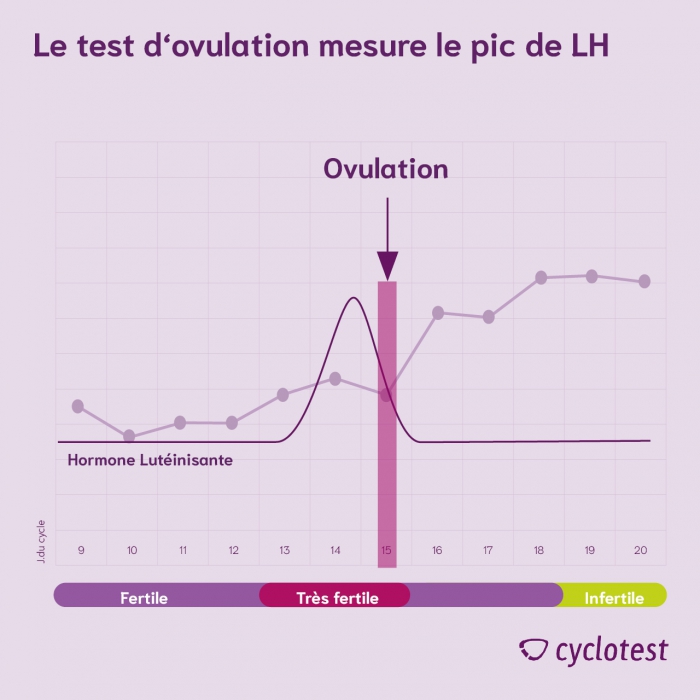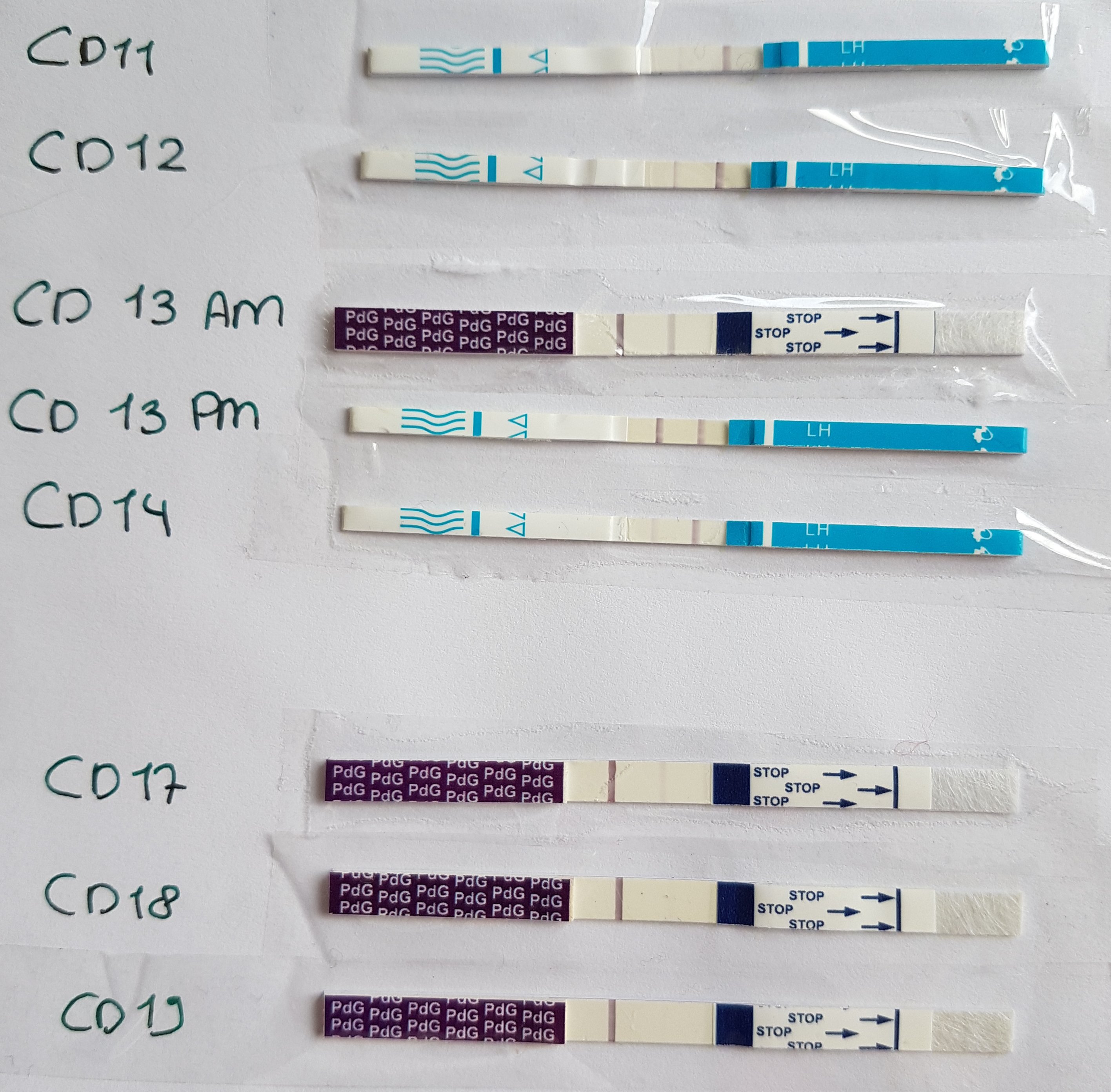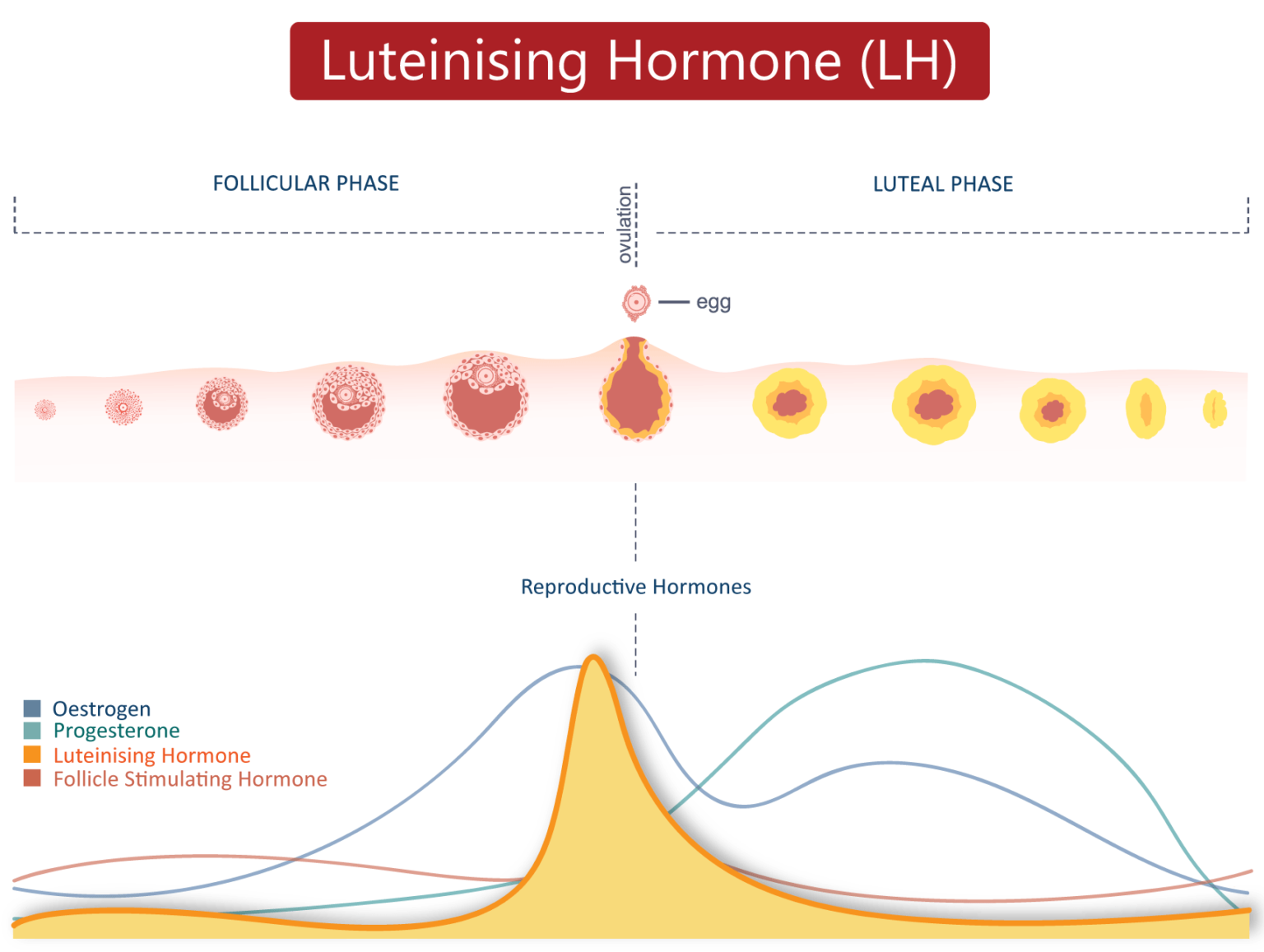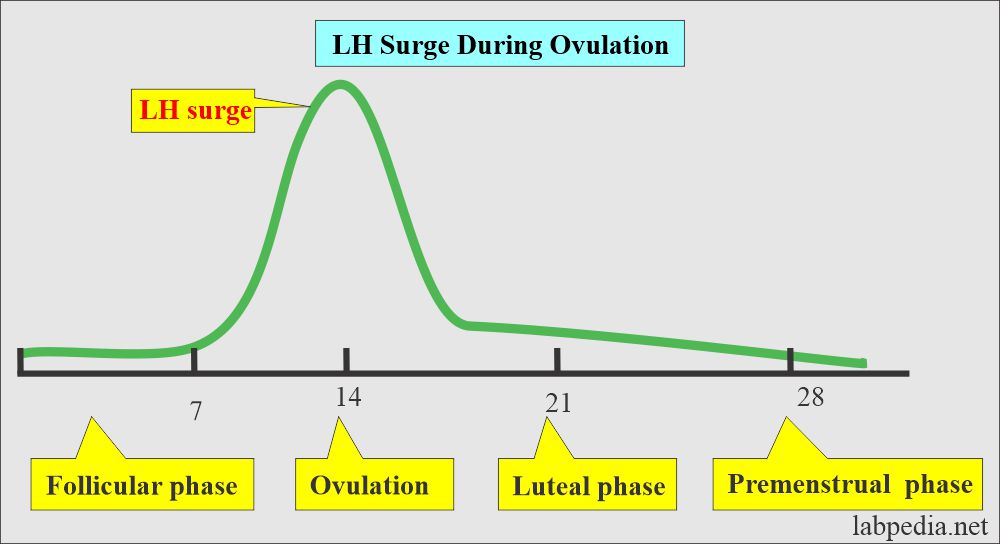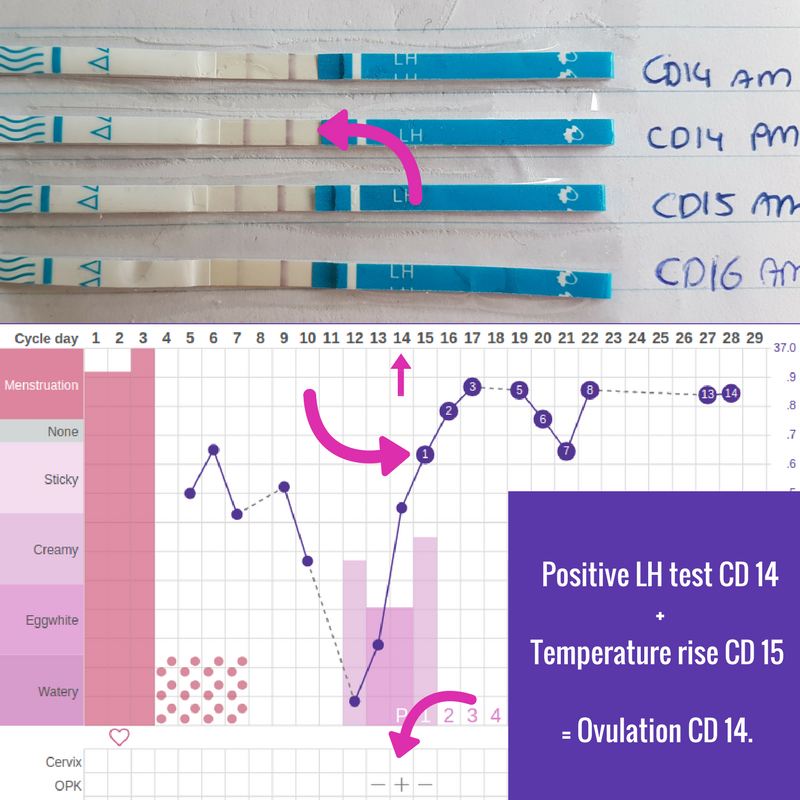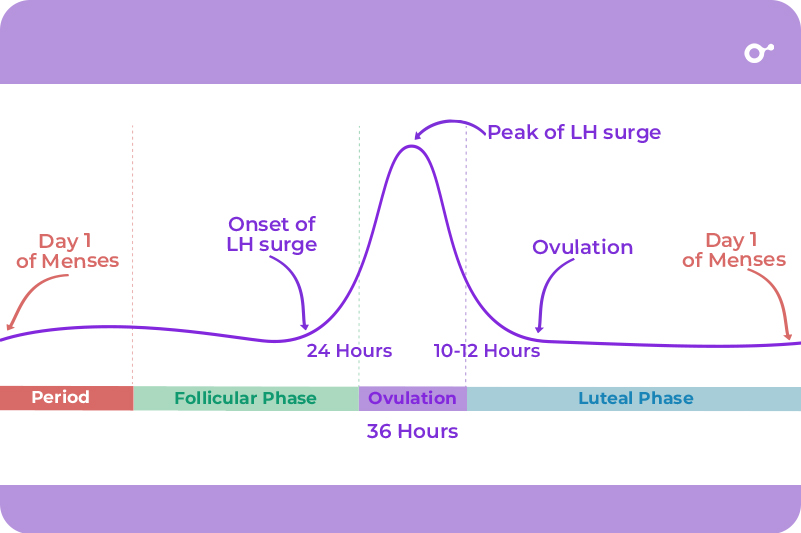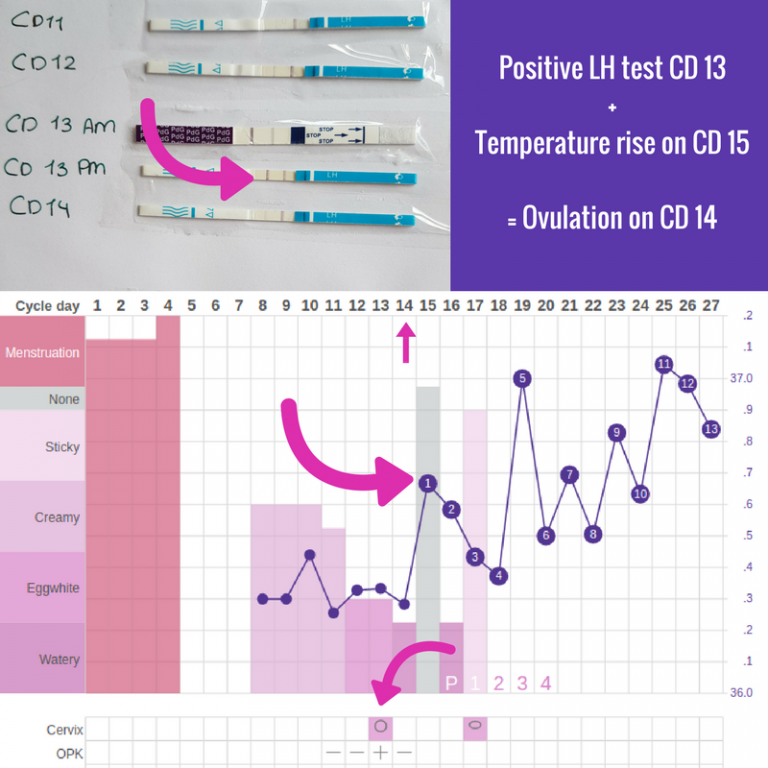Ovulation Lh
Ovulation Lh - A surge in lh causes your ovary to release a mature egg around the second week of each menstrual cycle. You’ll learn how to check it and keep it balanced. A high lh level around this time means that you’re at that moment in your cycle when you’re most likely to get pregnant. Here’s some of what you can learn about. Once ovulation is complete, lh levels then drop back to where they were prior. For the majority of women who are considered healthy, ovulation typically occurs around 24 to 36 hours after the surge in luteinizing hormone (lh). You’ll get more insight than just a positive result or negative result. This article will tell you what lh is and why it’s so important. This is known as the “lh surge”, and it is common for lh to measure as high as 118.0 iu/l. An ovulation test can help you pinpoint your luteinizing hormone (lh) levels to predict your 2 most fertile days.
Here’s some of what you can learn about. You’ll learn how to check it and keep it balanced. For the majority of women who are considered healthy, ovulation typically occurs around 24 to 36 hours after the surge in luteinizing hormone (lh). A high lh level around this time means that you’re at that moment in your cycle when you’re most likely to get pregnant. You’ll get more insight than just a positive result or negative result. This article will tell you what lh is and why it’s so important. When you understand lh levels, you can learn about ovulation, fertility, and reproductive health. Once ovulation is complete, lh levels then drop back to where they were prior. While everyone’s cycle is different, the lh surge and ovulation typically. An ovulation test can help you pinpoint your luteinizing hormone (lh) levels to predict your 2 most fertile days.
While everyone’s cycle is different, the lh surge and ovulation typically. This is known as the “lh surge”, and it is common for lh to measure as high as 118.0 iu/l. You’ll get more insight than just a positive result or negative result. For the majority of women who are considered healthy, ovulation typically occurs around 24 to 36 hours after the surge in luteinizing hormone (lh). This article will tell you what lh is and why it’s so important. An ovulation test can help you pinpoint your luteinizing hormone (lh) levels to predict your 2 most fertile days. You’ll learn how to check it and keep it balanced. When you understand lh levels, you can learn about ovulation, fertility, and reproductive health. Once ovulation is complete, lh levels then drop back to where they were prior. A high lh level around this time means that you’re at that moment in your cycle when you’re most likely to get pregnant.
Understanding luteinizing hormone and how it relates to fertility
An ovulation test can help you pinpoint your luteinizing hormone (lh) levels to predict your 2 most fertile days. A high lh level around this time means that you’re at that moment in your cycle when you’re most likely to get pregnant. For the majority of women who are considered healthy, ovulation typically occurs around 24 to 36 hours after.
Test d'ovulation comment ça marche ? cyclotest
Here’s some of what you can learn about. A surge in lh causes your ovary to release a mature egg around the second week of each menstrual cycle. When you understand lh levels, you can learn about ovulation, fertility, and reproductive health. An ovulation test can help you pinpoint your luteinizing hormone (lh) levels to predict your 2 most fertile.
How to use cheap ovulation tests LH strips Ingefleur Fertility Homeopath
When you understand lh levels, you can learn about ovulation, fertility, and reproductive health. You’ll get more insight than just a positive result or negative result. A surge in lh causes your ovary to release a mature egg around the second week of each menstrual cycle. While everyone’s cycle is different, the lh surge and ovulation typically. This is known.
Optional LH Testing Fertility Charting
This is known as the “lh surge”, and it is common for lh to measure as high as 118.0 iu/l. A surge in lh causes your ovary to release a mature egg around the second week of each menstrual cycle. A high lh level around this time means that you’re at that moment in your cycle when you’re most likely.
Lh Surge Chart And Ovulation
A high lh level around this time means that you’re at that moment in your cycle when you’re most likely to get pregnant. You’ll get more insight than just a positive result or negative result. This article will tell you what lh is and why it’s so important. When you understand lh levels, you can learn about ovulation, fertility, and.
Luteinizing Hormone (LH), Lutropin
You’ll get more insight than just a positive result or negative result. For the majority of women who are considered healthy, ovulation typically occurs around 24 to 36 hours after the surge in luteinizing hormone (lh). An ovulation test can help you pinpoint your luteinizing hormone (lh) levels to predict your 2 most fertile days. This is known as the.
How to use cheap ovulation tests LH strips Ingefleur Fertility Homeopath
You’ll learn how to check it and keep it balanced. You’ll get more insight than just a positive result or negative result. While everyone’s cycle is different, the lh surge and ovulation typically. This is known as the “lh surge”, and it is common for lh to measure as high as 118.0 iu/l. When you understand lh levels, you can.
LH Levels & Surges What Does a ‘Normal’ LH Level Look Like? Inito
An ovulation test can help you pinpoint your luteinizing hormone (lh) levels to predict your 2 most fertile days. When you understand lh levels, you can learn about ovulation, fertility, and reproductive health. Here’s some of what you can learn about. A high lh level around this time means that you’re at that moment in your cycle when you’re most.
How to use cheap ovulation tests LH strips Ingefleur Fertility Homeopath
Once ovulation is complete, lh levels then drop back to where they were prior. This is known as the “lh surge”, and it is common for lh to measure as high as 118.0 iu/l. A high lh level around this time means that you’re at that moment in your cycle when you’re most likely to get pregnant. When you understand.
Tracking LH surges helps identify fertility windows Luteinizing
For the majority of women who are considered healthy, ovulation typically occurs around 24 to 36 hours after the surge in luteinizing hormone (lh). A surge in lh causes your ovary to release a mature egg around the second week of each menstrual cycle. Here’s some of what you can learn about. This article will tell you what lh is.
Once Ovulation Is Complete, Lh Levels Then Drop Back To Where They Were Prior.
Here’s some of what you can learn about. This article will tell you what lh is and why it’s so important. You’ll learn how to check it and keep it balanced. An ovulation test can help you pinpoint your luteinizing hormone (lh) levels to predict your 2 most fertile days.
This Is Known As The “Lh Surge”, And It Is Common For Lh To Measure As High As 118.0 Iu/L.
While everyone’s cycle is different, the lh surge and ovulation typically. A surge in lh causes your ovary to release a mature egg around the second week of each menstrual cycle. You’ll get more insight than just a positive result or negative result. When you understand lh levels, you can learn about ovulation, fertility, and reproductive health.
A High Lh Level Around This Time Means That You’re At That Moment In Your Cycle When You’re Most Likely To Get Pregnant.
For the majority of women who are considered healthy, ovulation typically occurs around 24 to 36 hours after the surge in luteinizing hormone (lh).

